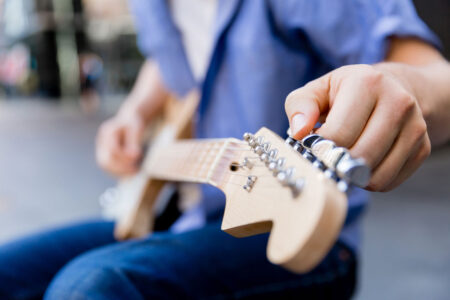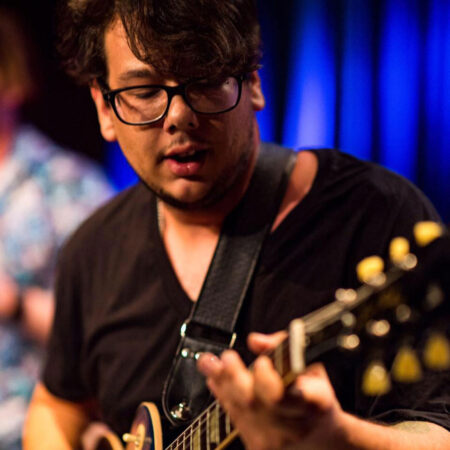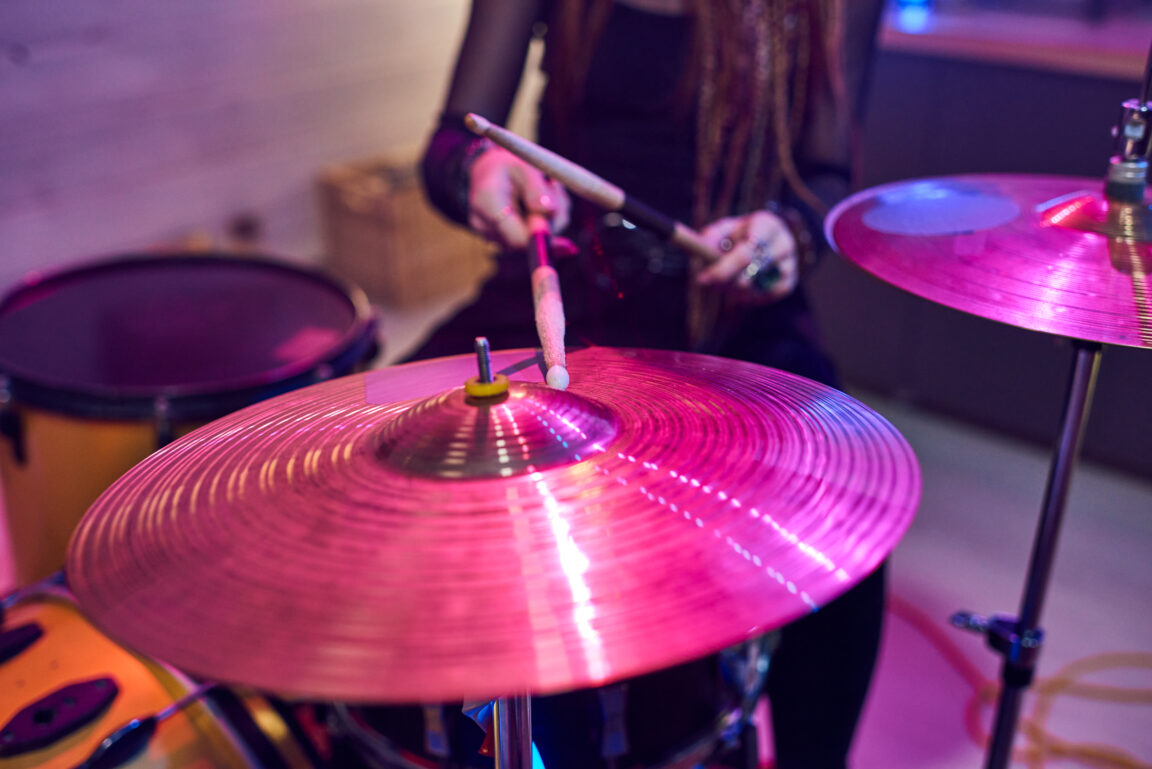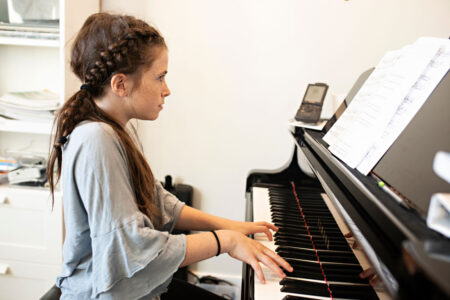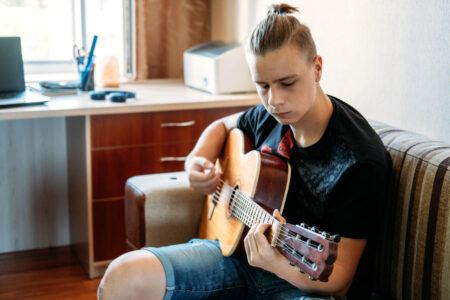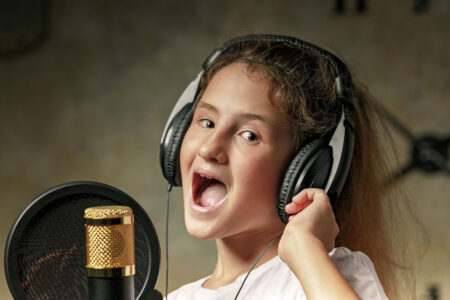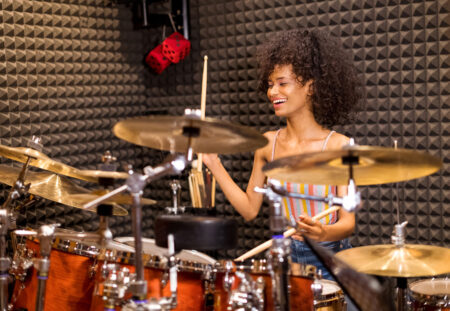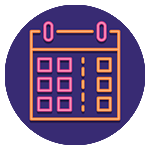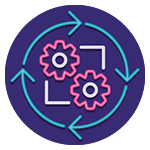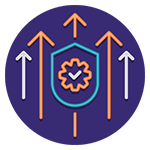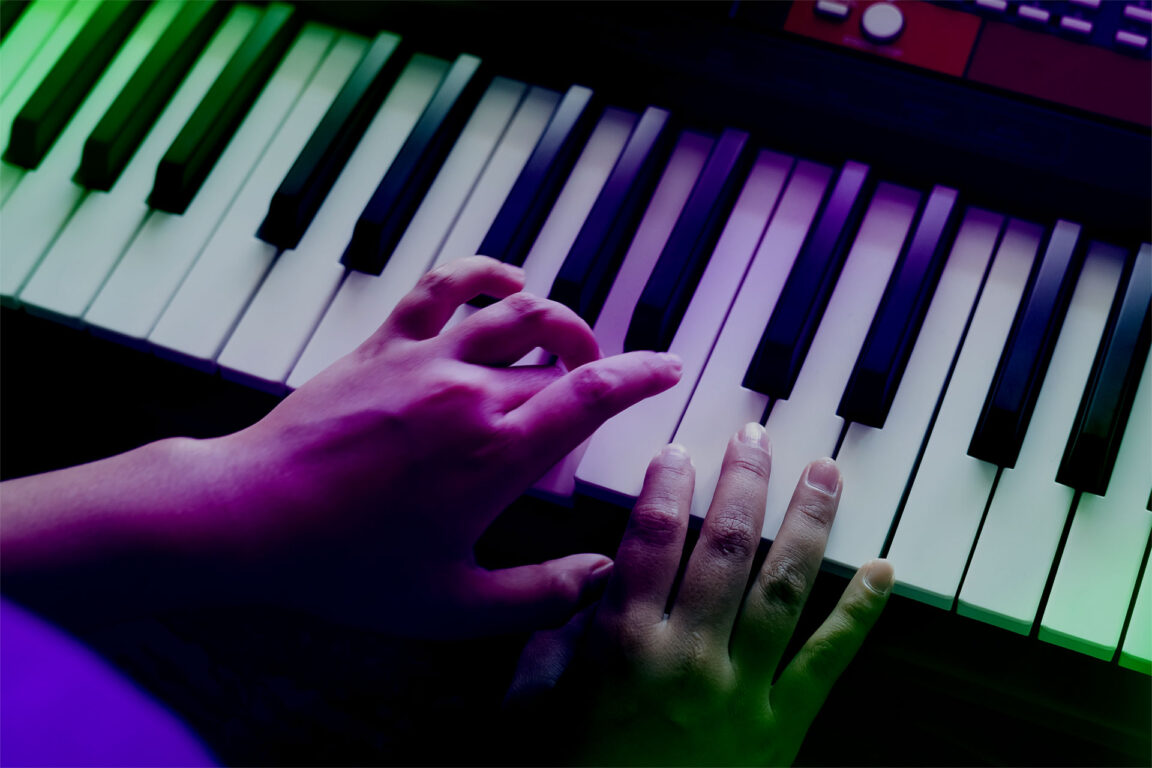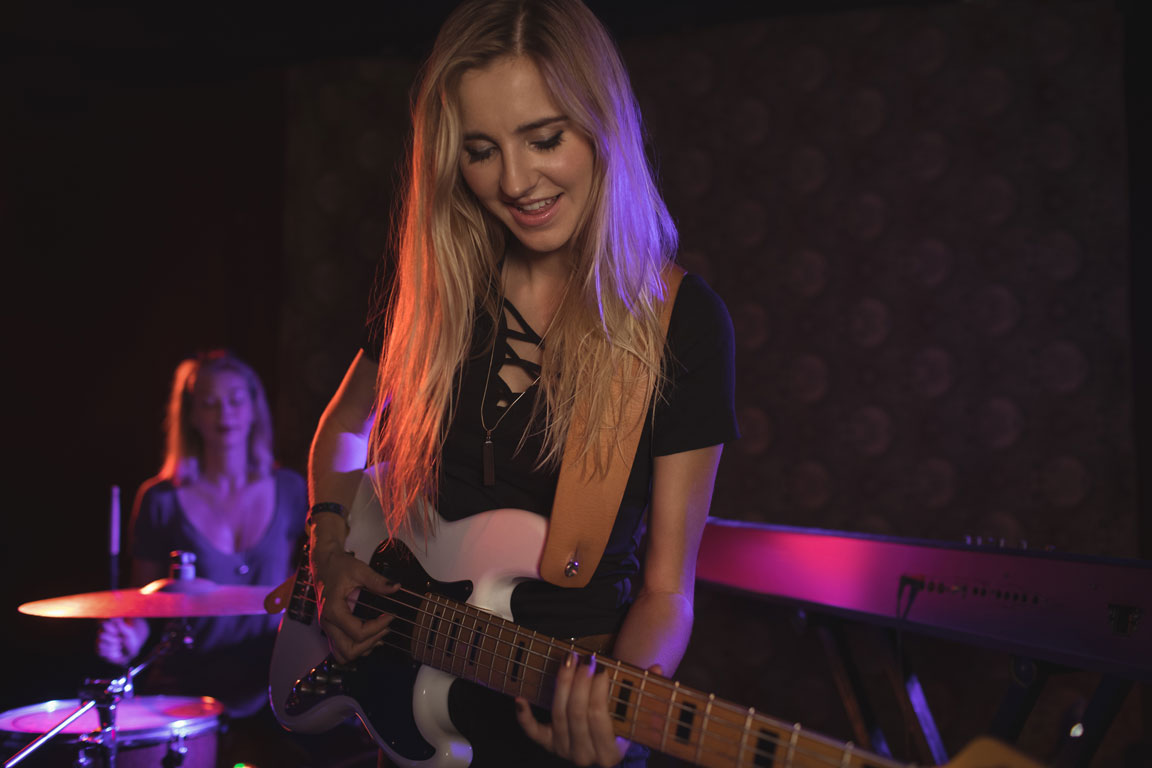Allstar Music Empire in Flemington, NJ provides a variety of music lessons all under one roof.
Teaching beginner to advanced classes, the Empire’s instructors will give you the tools and resources you need for success.
Our music lessons will also have other residual benefits on students like increased confidence, adherent focus, and indisputable drive with all of their goals and social skills.
After teaching hundreds of students each year, Allstar Music Empire has created quite the collection of tips and tricks to get the most out of your music lessons.

